
Available at bn.com Also available at Amazon.com We�ll also address the ethical use of AI and even the challenges of placing advanced AI entities in a �leakproof� box to isolate them from the real-world, should the AIs become dangerously super-intelligent. We'll need to be particularly cautious when developing autonomous weapons systems and overly relying on AI technologies with inscrutable mechanisms. |
Artificial Intelligence
|
|
|
Throughout history, the mystery of the mind and the possibility of artificial beings have captivated artists, scientists, philosophers, and even theologians. Stories involving automata�moving mechanical devices made in imitation of livings beings�permeate our myths, paintings, and literature. Similarly, our interest in artificial intelligence (AI)�apparently intelligent behavior by machines�is also reflected in our entertainment, presenting transcendent themes involving emotional robots and advanced intelligences that we can barely comprehend.
Book milestones include:125 BCE: Antikythera Mechanism � 1206: Al-Jazari�s Automata � c. 1220: Lancelot�s Copper Knights � c. 1300: Hesdin Mechnical Park � c. 1305: Ramon Llull�s Ars Magna� 1352: Church Automata � c. 1495: da Vinci�s Robot Knight � 1714: The Consciousness Mill � 1738: de Vaucanson�s Duck Automaton� 1821: Computational Creativity � 1868: The Steam Man of the Prairies � 1893: Electric Bob�s Big Black Ostrich � 1898: Tesla�s �Borrowed Mind� � 1907: Searches for the Soul � 1927: Metropolis � 1942: Asimov�s Three Laws of Robotics � 1942: Lethal Military Robots � 1943: Artificial Neural Networks � 1957: Perceptrons � 1957: Transhumanism � 1959: Machine Learning � 1965: Intelligence Explosion � 1965: Deep Learning � 1967: Living in a Simulation � 1968: Cybernetic Serendipity � 1976: Ethics of AI � 1986: Artificial Life � 1986: Swarm Intelligence � 2003: Paperclip Maximizer Catastrophe � 2015: Computer Art and DeepDream � 2018: AI Death Predictor � And many more.... Today, the applications of AI seem limitless�. AI has been used for predicting earthquakes, interpreting medical images and speech, and for predicting a person�s time of death. AI has been deployed for generating jokes, mathematical theorems, U.S. patents, new games, novel chess puzzles, innovative designs for antennas, new paint colors and fragrances, and more. AI discoveries in the future will be among humanity�s greatest achievements. If AI methods are already being used to help determine who gets hired for a job, who we date, who makes parole, who is likely to develop a psychiatric disorder, and how to autonomously drive cars and drones, then how much control over our lives will we give to AIs of the future? For the author, AI cultivates a perpetual state of wonder about the limits of thought, the future of humanity, and our place in the vast space-time landscape that we call home. |
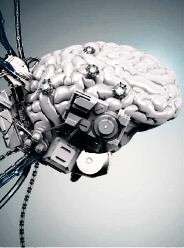 Searches for the Soul |
 Computational Creativity |
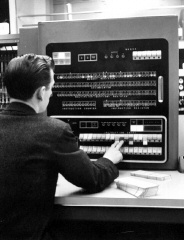 Language Processing |
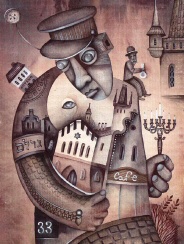 Golem |
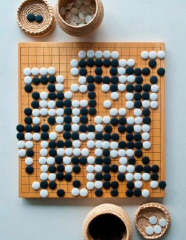 AlphaGo Go Champion |
 Tik-Tok |
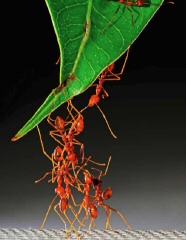 Swarm Intelligence |
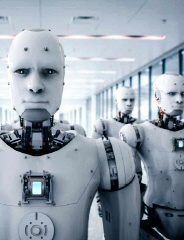 Intelligence Explosion |
 Artificial Aliens |
 3-D Tic-Tac-Toe |
 Babbage's Computer |
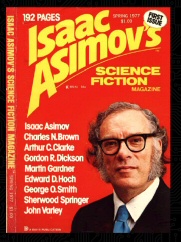 Asimov's Laws |

"Bucky Fuller thought big, Arthur C. Clarke thinks big, but Cliff Pickover outdoes them both." -- WIRED "A perpetual idea machine, Clifford Pickover is one of the most creative, original thinkers in the world today." -- Journal of Recreational Mathematics |
|